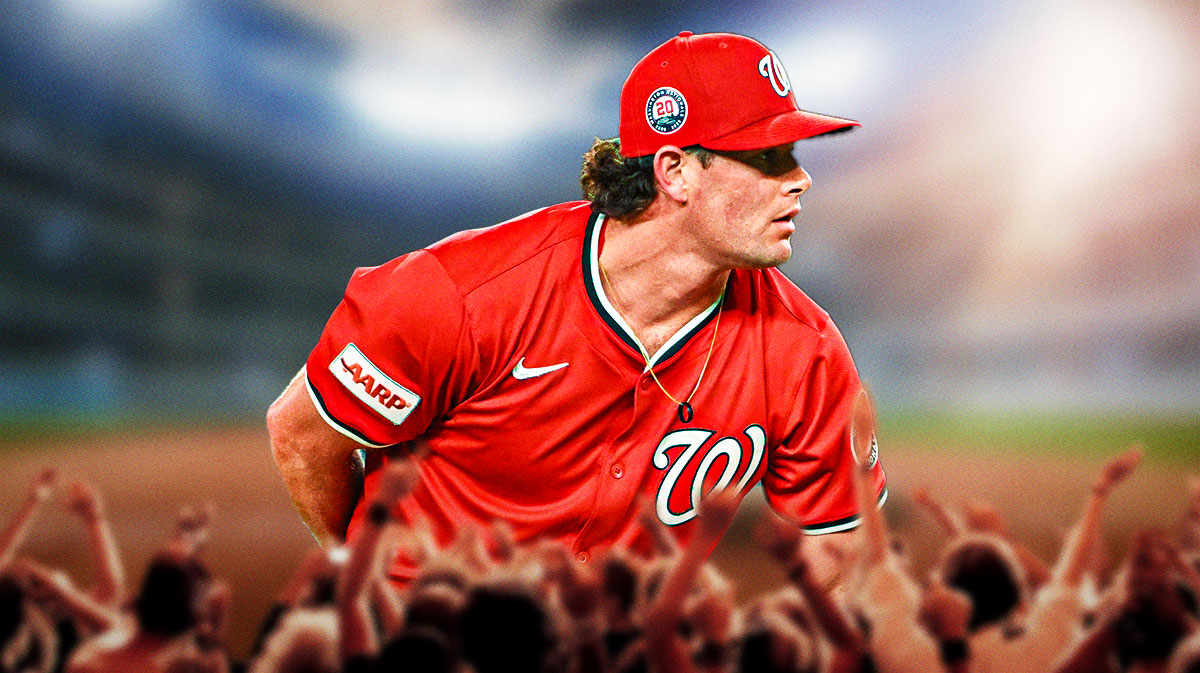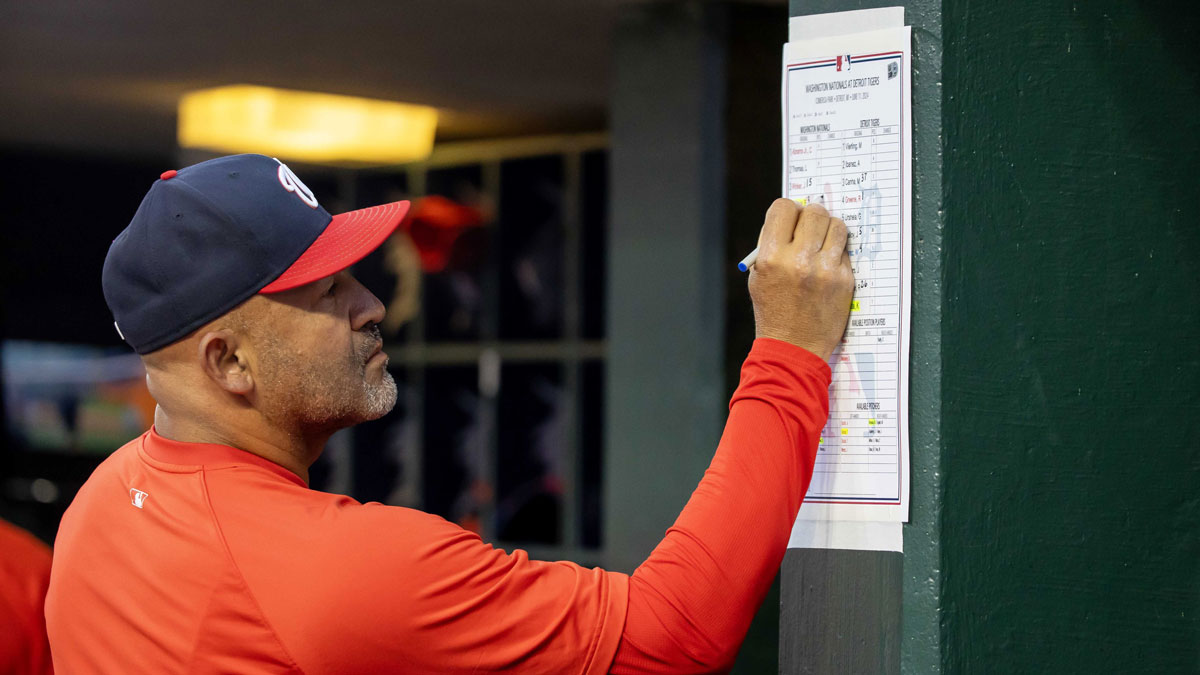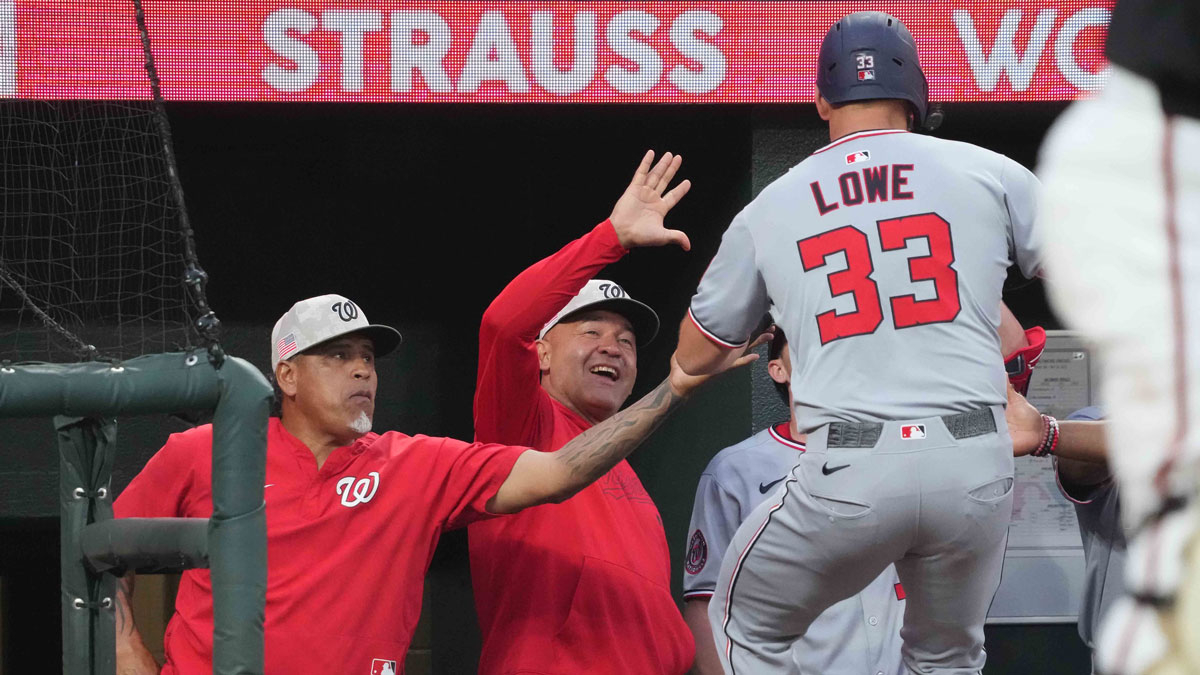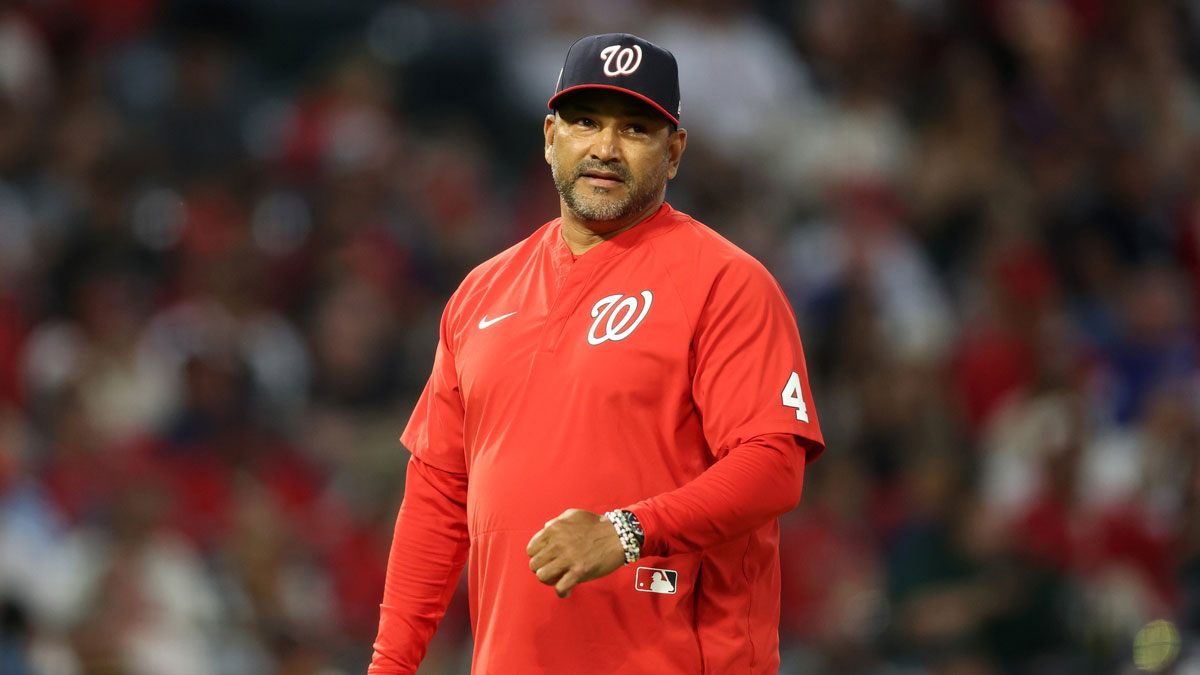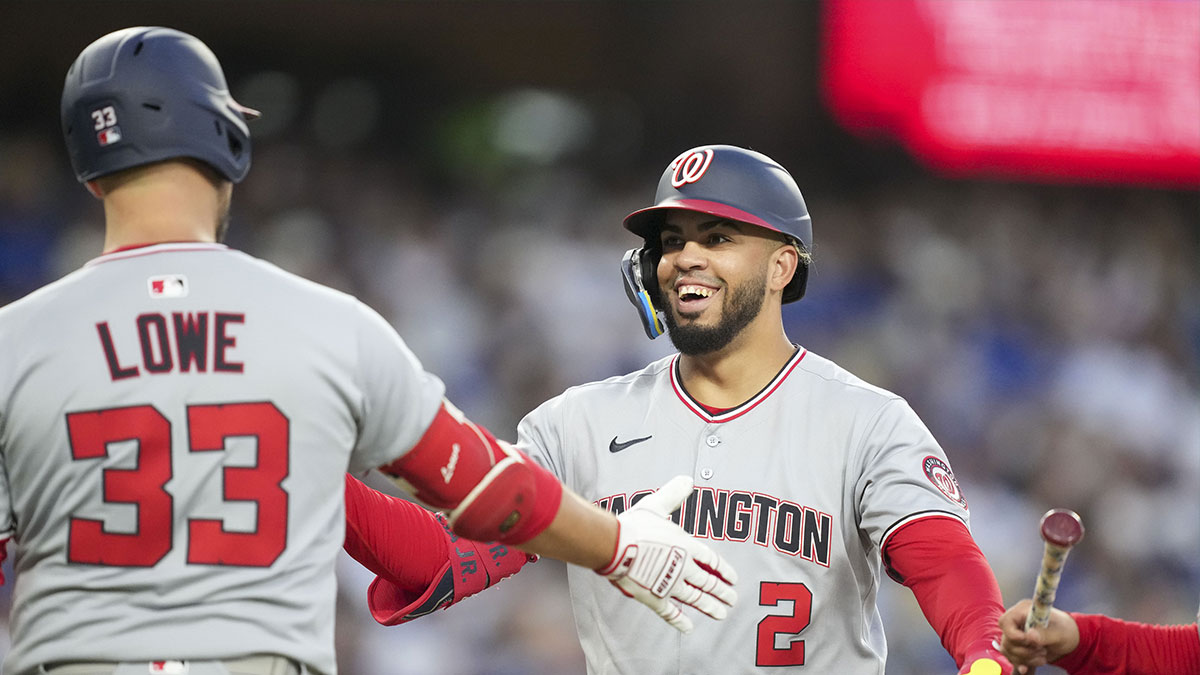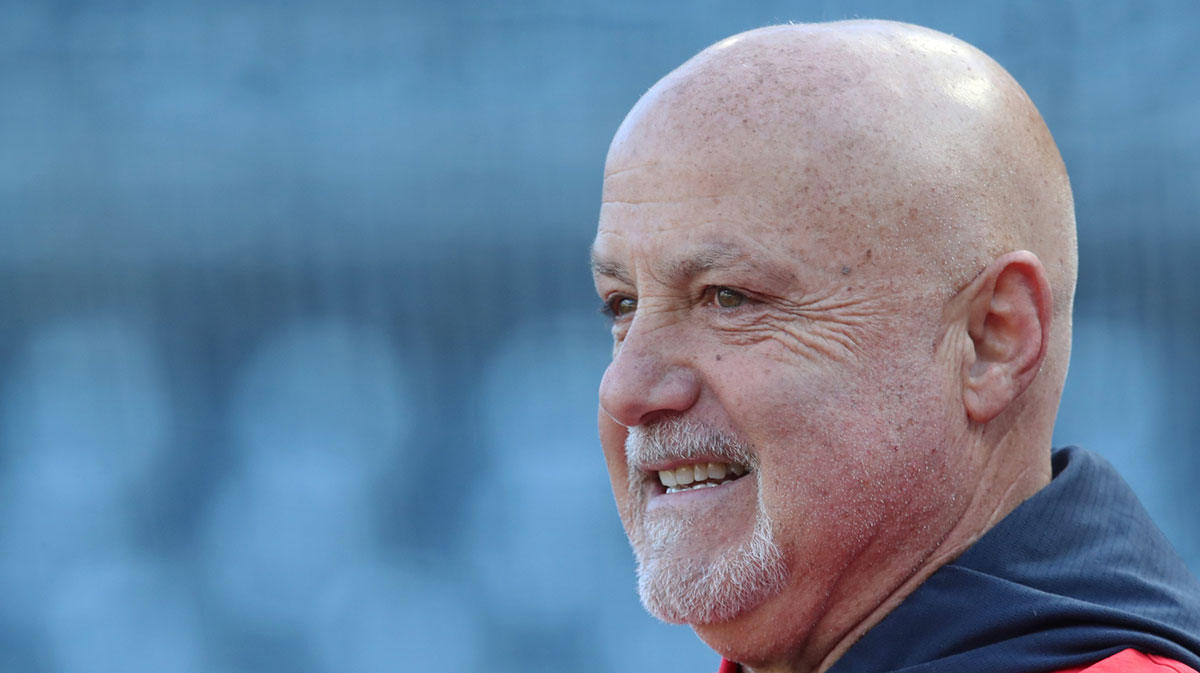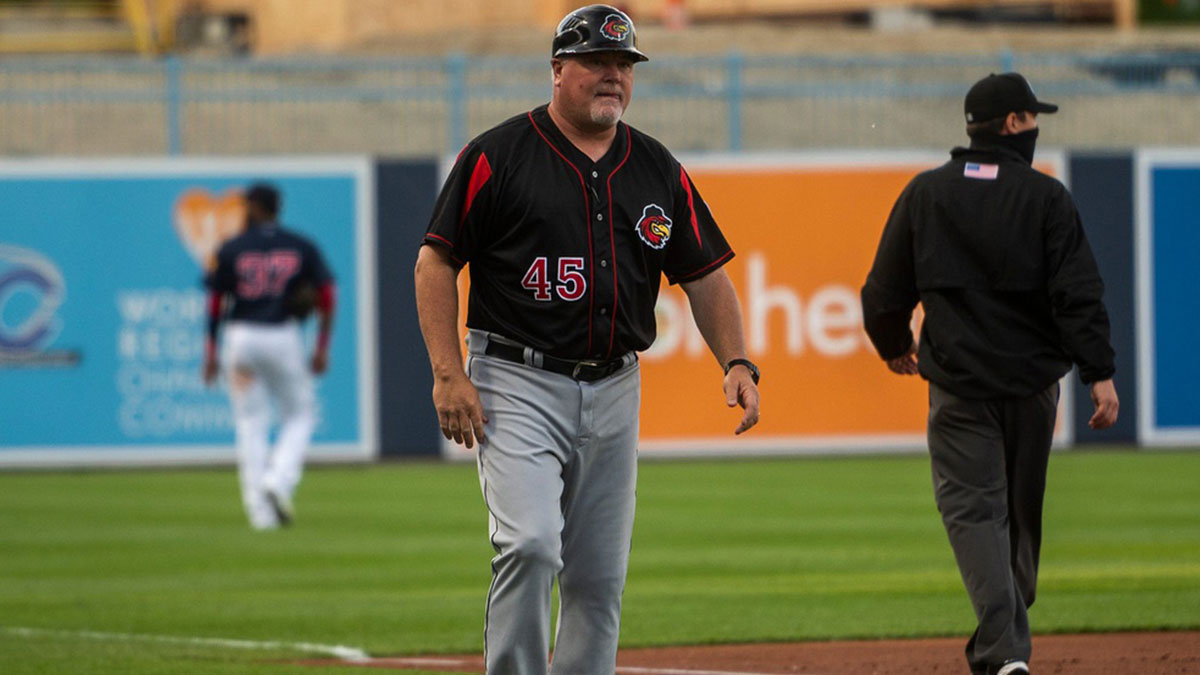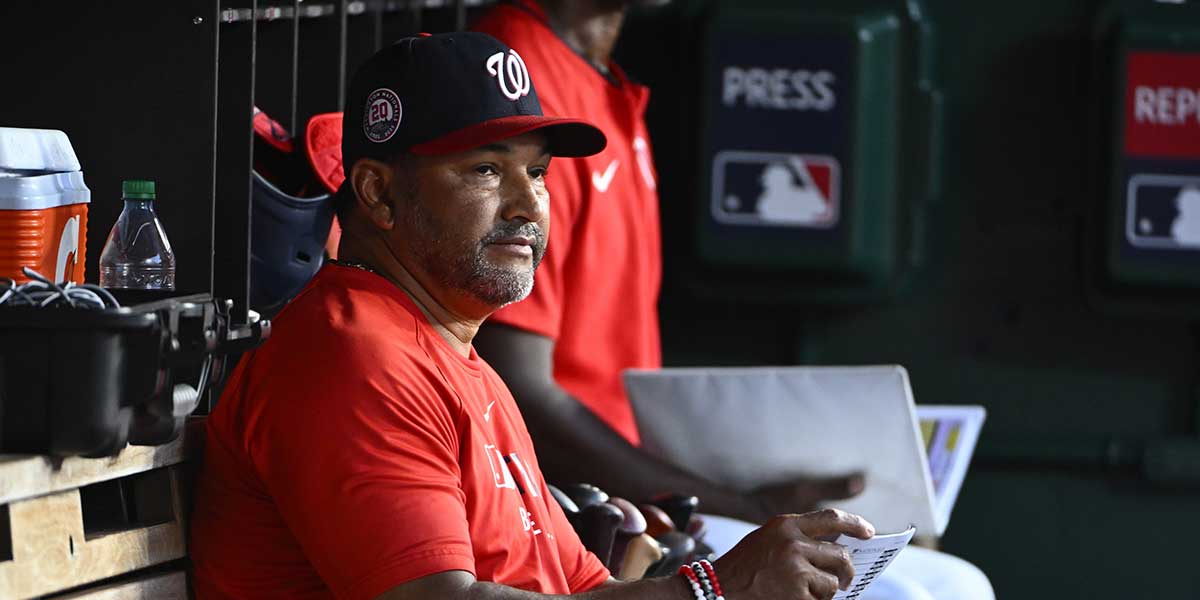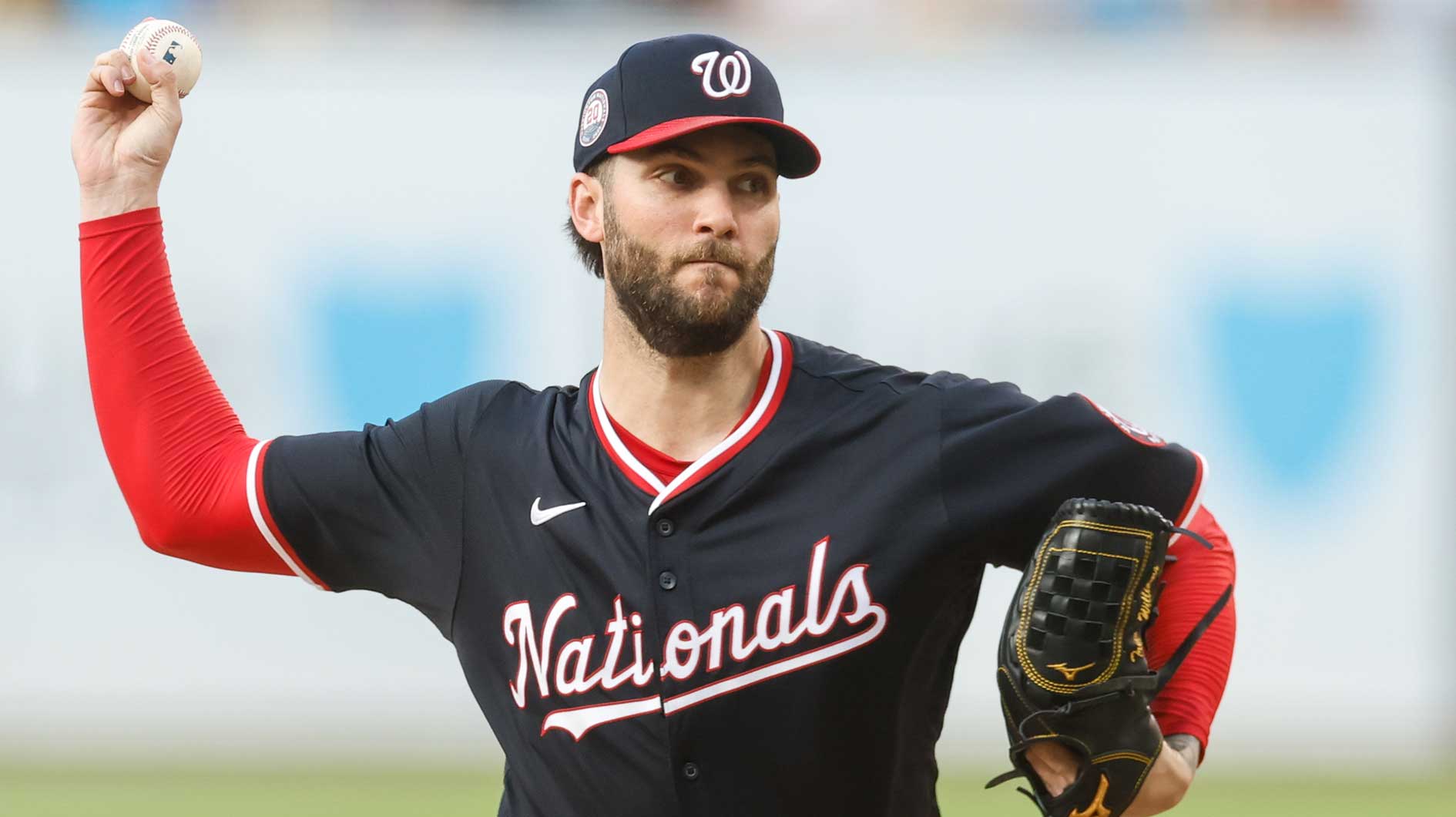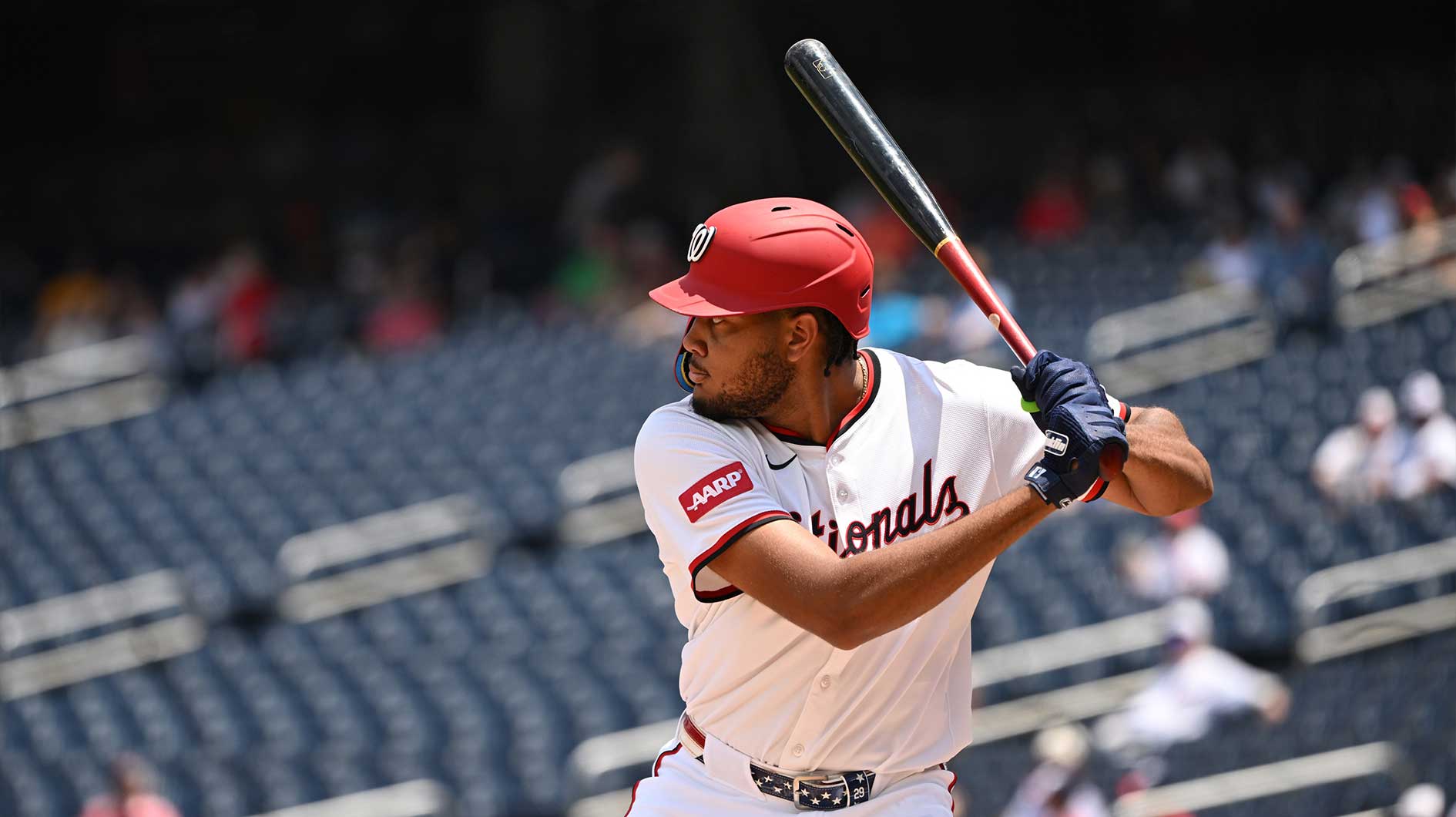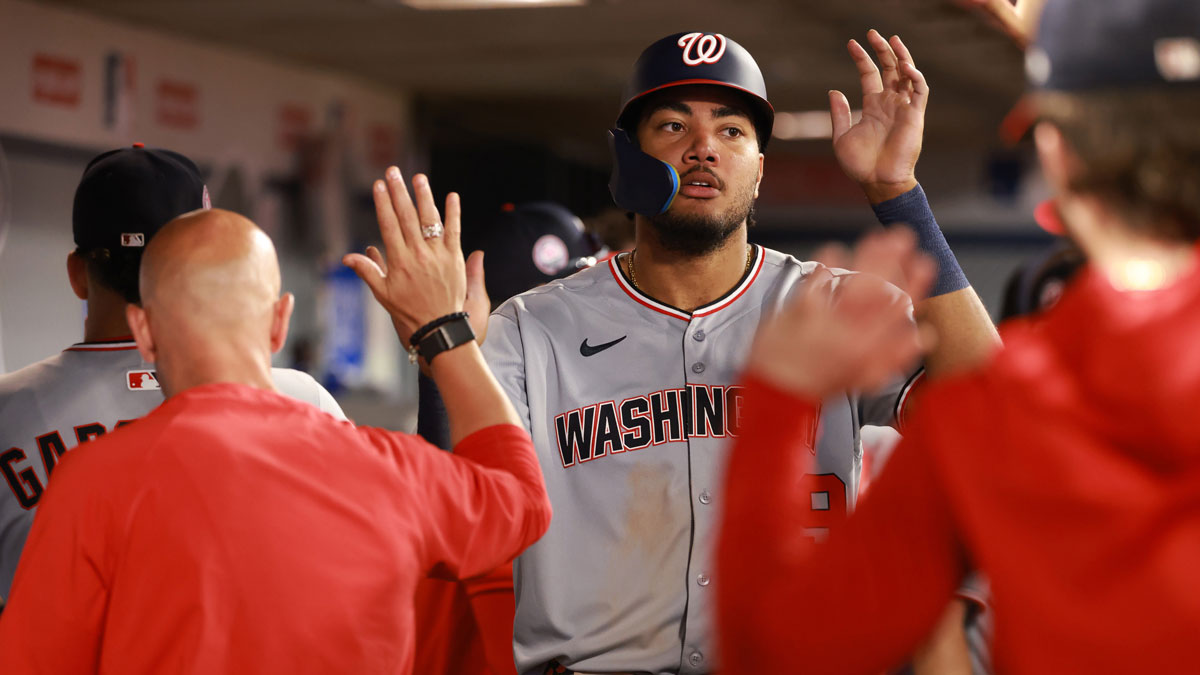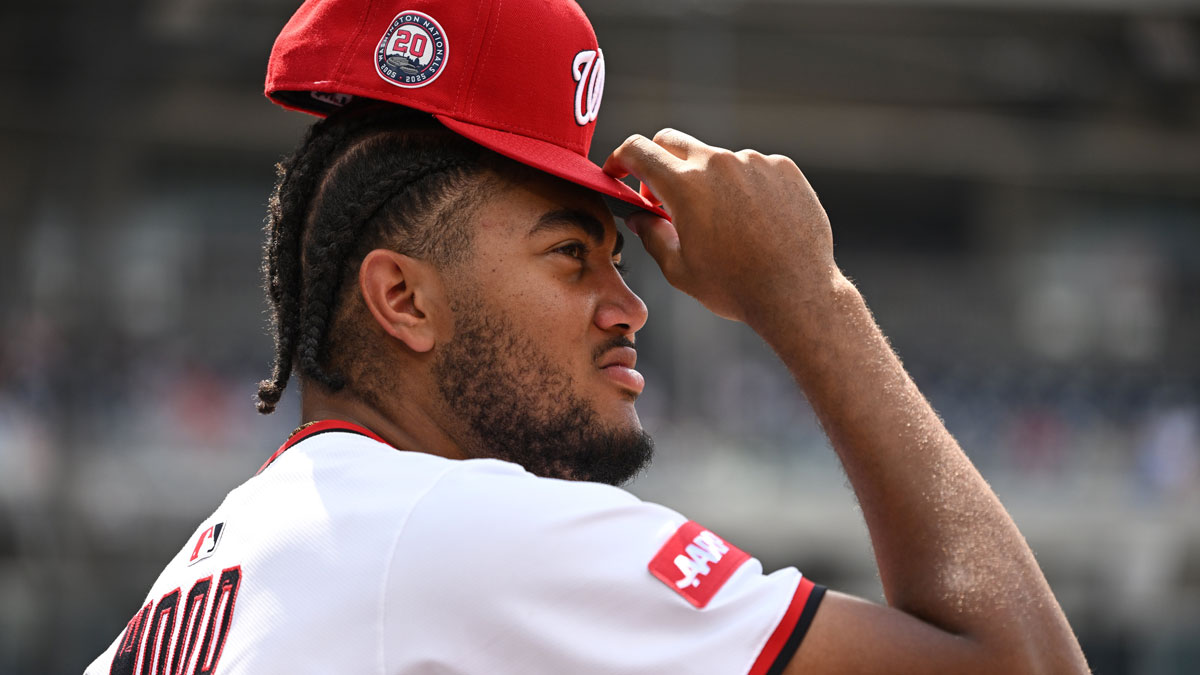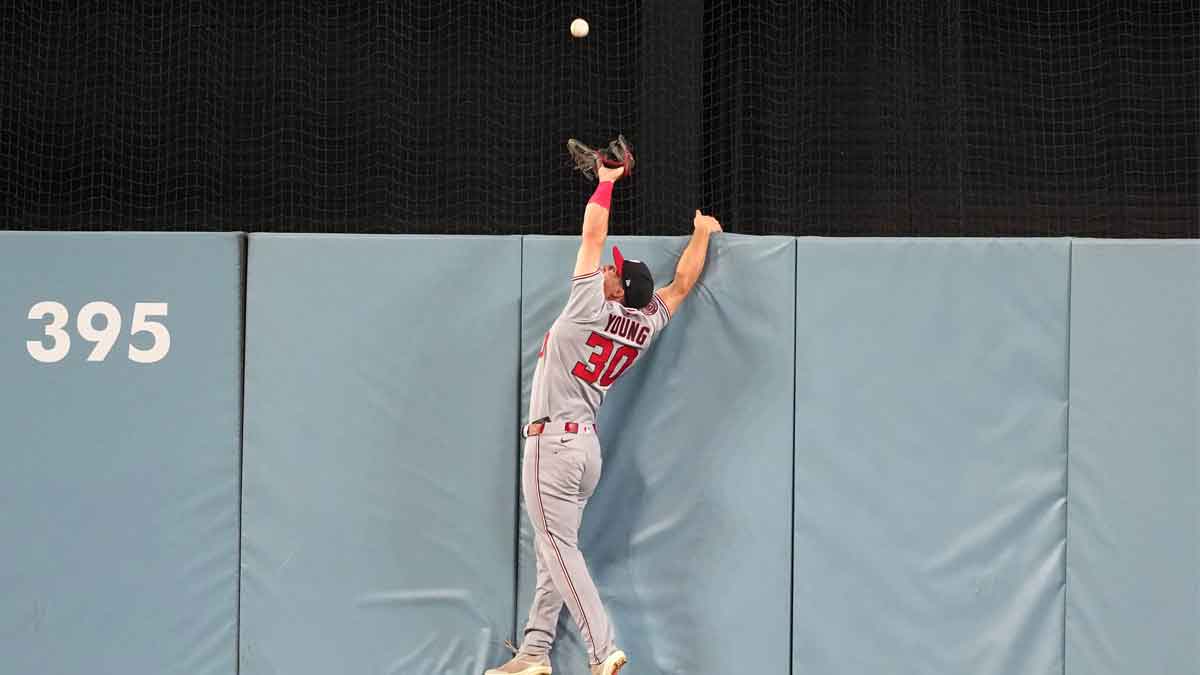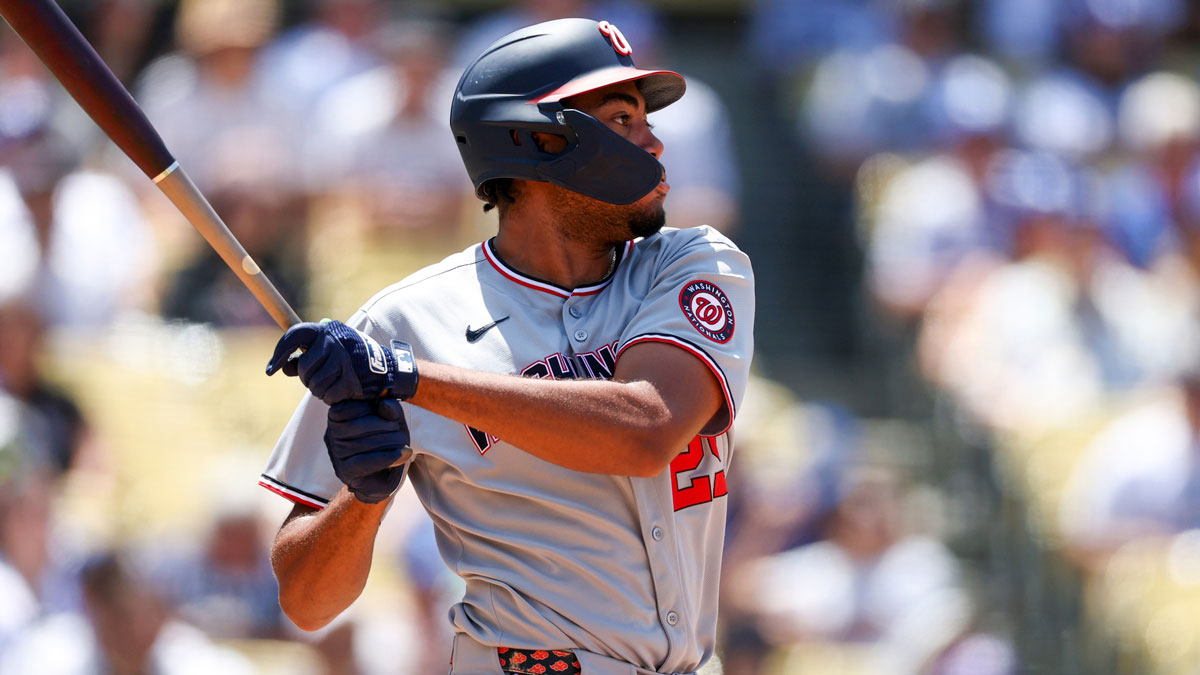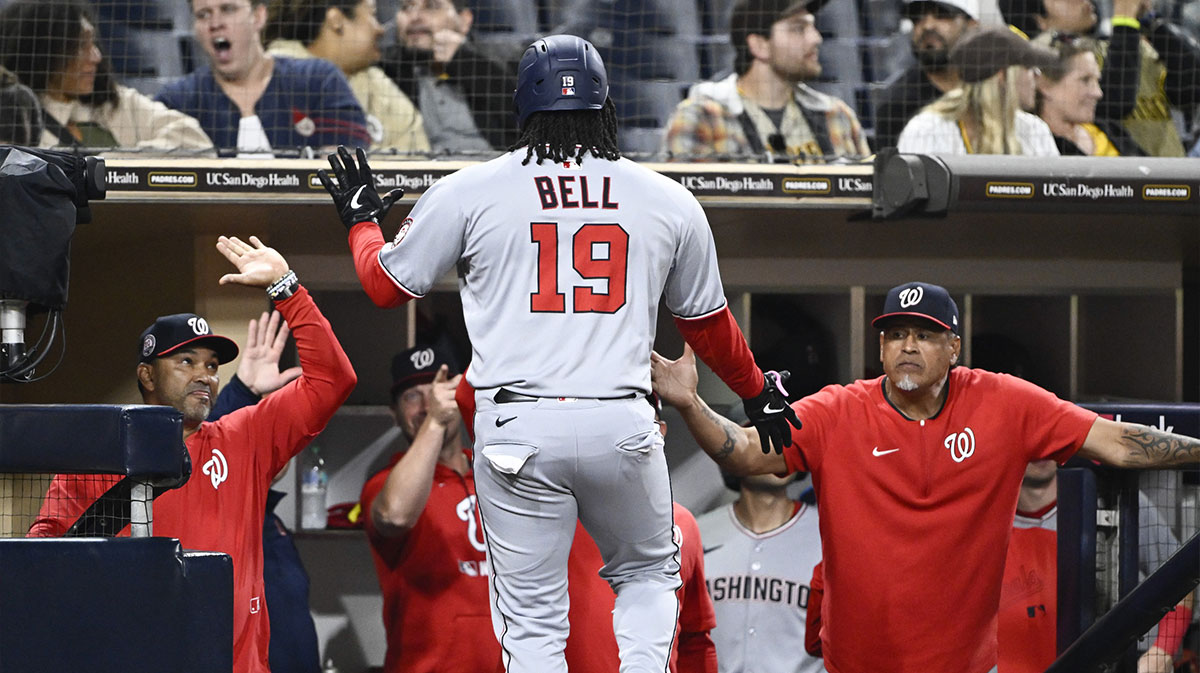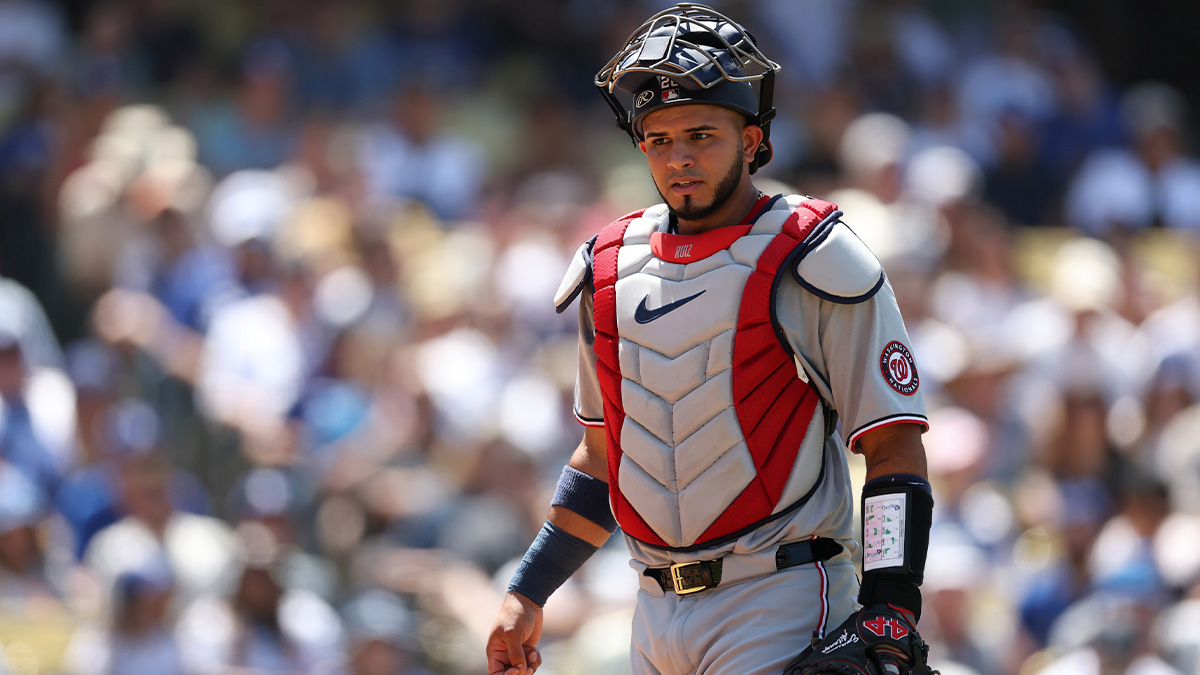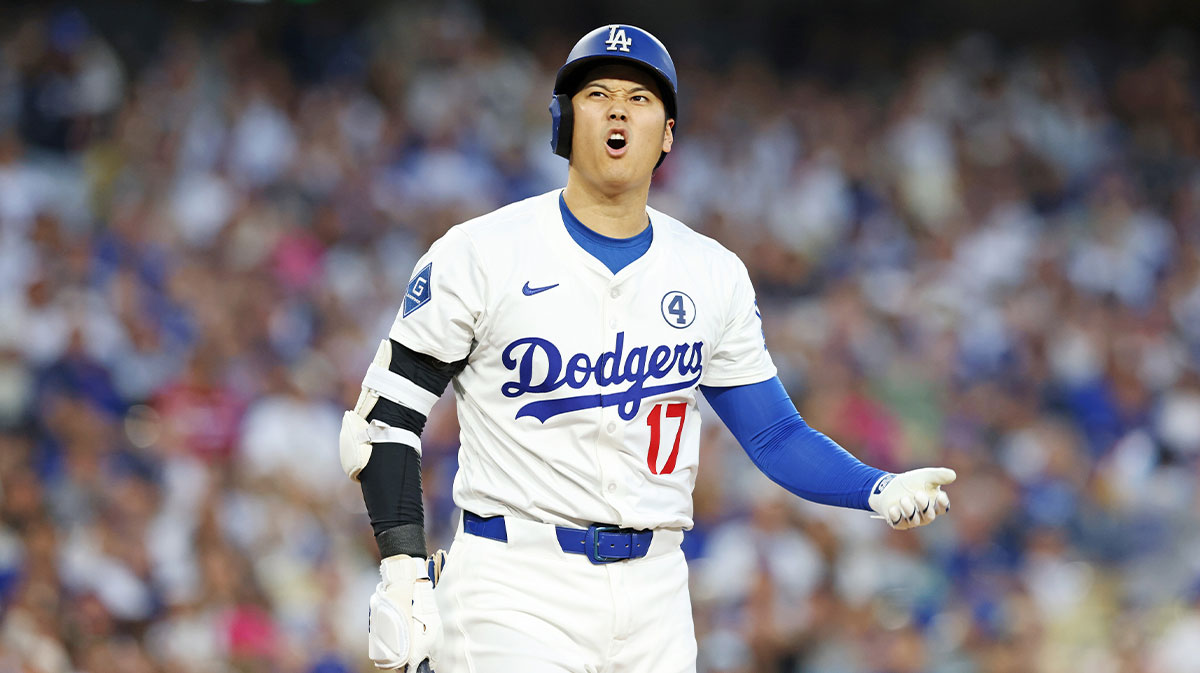When Bryce Harper was drafted by the Washington Nationals with the No. 1 overall pick in the 2010 MLB Amateur Draft, he was thought to be the savior of the organization.
The Nats had not had a single winning season since they came to Washington, D.C. from Montreal in 2005. But Harper–who had been one of the most highly touted prospects since he appeared on the cover of Sports Illustrated as “Baseball's LeBron”–was sure to help turn their fortunes around.
Sure enough, Harper would win the National League Rookie of the Year award in 2012, and the Nationals would win 98 games en route to their first division title.
However, Harper's time in Washington was immensely star-crossed. That same 2012 team blew a 6-0 lead in Game 5 of the NLDS against the St. Louis Cardinals. Harper then missed time to injury in 2013 and 2014, and many began to wonder if he would live up to the immense promise that he had carried with him since his teenage years.
These questions were seemingly answered in 2015, when Harper mashed 42 homers, hit .330 and led the majors in OBP (.460), slugging (.649) and OPS (1.109). At just 22, Harper was the third-youngest MVP ever, and the youngest player in history to win the award unanimously.
But in 2016, Harper hit just .243 and the Nationals would lose a tough five-game series against the Dodgers. Though he rebounded in 2017, the Nats again lost in five in the NLDS, this time to the Cubs.
Washington was expected to win the division again in 2018, but the bottom fell out. Suddenly, the face of the franchise was in his walk year, and it seemed there was little the Nats would be able to do to retain him.
Even though Mike Rizzo was aggressive in immediately offering Harper a 10-year, $300 million deal in November–a better annual value than Harper received from the Phillies–Harper and agent Scott Boras declined. But in many ways, this is likely a blessing in disguise for Rizzo and the rest of the organization.
Big money addressing bigger needs
Instead of waiting around for Harper to make a decision and feel out the market, Rizzo went to work.
He signed former Cardinals standout Trevor Rosenthal to add bullpen depth, then signed Kurt Suzuki and traded for Yan Gomes in quick succession. According to Baseball-Reference, the Nats ranked 27th in WAR at the catcher position last year, so Rizzo went out and got an All-Star as well as one of the best platoon-hitting catchers in baseball, to boot.
One of the biggest moves of the offseason would come one week after the Nats acquired Gomes, when Rizzo signed left-hander Patrick Corbin to a six-year, $140 million deal. Washington ranked seventh in starting pitching WAR, but only because Max Scherzer posted a 9.5 bWAR. The rest of the rotation combined to post a -0.5 bWAR as Stephen Strasburg struggled to stay healthy and Tanner Roark and Gio Gonzalez had extremely disappointing seasons.
Meanwhile, Corbin is coming off a season in which he posted career highs in ERA (3.15), FIP (2.47), and K/9 (11.1). At just 29 years old, Rizzo has Corbin secured for the remainder of his prime, and gives Washington as good a top three as any other rotation in baseball.
Does this happen if the Nats try to keep Harper? Almost certainly not, because Washington would have gone over the luxury tax for the foreseeable future if they had tried to sign both Harper and Corbin to these deals, especially when considering that most of Scherzer's money was deferred to the final years of his own contract.
Rizzo would go on to sign second baseman Brian Dozier, giving the Nats a legitimate 20-20 threat at a position where they ranked dead-last in baseball in terms of bWAR.
By not expending a massive amount of their payroll for a player who was only worth an average of just over 3.5 fWAR (excluding his MVP season), the Nationals were able to spread money around and make sizable upgrades at positions of real need.
Washington is extremely deep
Yes, Harper was a productive hitter and his 2018 season in particular was probably better than it looks when factoring in his unfortunate .226 BABIP. Sure, replacing a 133 OPS+ is no easy task.
But the fact is that the Nationals are already deep in the outfield, and are not likely to lose too much in the way of production because of the upgrades they made at catcher and second base.
Incoming NL Rookie of the Year candidate Victor Robles has garnered a surprising amount of criticism at the plate, but he has posted a 117 OPS+ in 93 big-league plate appearances. When healthy, Adam Eaton is a very productive left-handed bat. And then there's Juan Soto.
The 20-year-old is already a bona fide MVP candidate this season after hitting .290 with 22 homers and a 142 OPS+ as a 19-year-old. Yes, all that as a teenager. Safe to say that the sky is the limit, particularly considering that Soto does not chase outside the zone (according to FanGraphs he swung at around 22 percent of pitches outside of the strike zone, which was nine percent below league average).
Soto hits balls in the strike zone, and he hits them hard. He could supplant Harper as the face of the franchise in no time.
No longer solely in the spotlight
The Nationals were supposed to be the perennial division champs in the National League East. Every single year, they were the team with the most talent; and there was no way another team in that division had the star power to challenge for the title.
Yet with the ascendance of the Braves as well as the massive improvements made by both the Phillies and the Mets in the offseason, Washington is no longer solely in the spotlight. In fact, with Harper gone, there is likely less of an emphasis on the failures of playoffs past.
And the Nationals' best players (Anthony Rendon and Soto) are two very quiet and unassuming superstars that simply go about their business. In fact, Rendon is probably the most underrated player in the entire league. He ranks seventh in the bigs in terms of fWAR between 2014-18, better than Manny Machado, Freddie Freeman and Nolan Arenado. Now that he is unlikely to receive an extension and thus is in a walk year, he could produce his best season yet.
Washington may not have their homegrown superstar anymore. But make no mistake, they are better off without Bryce Harper.


